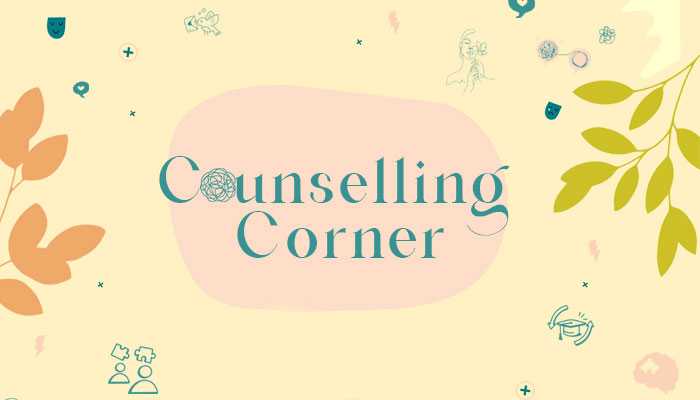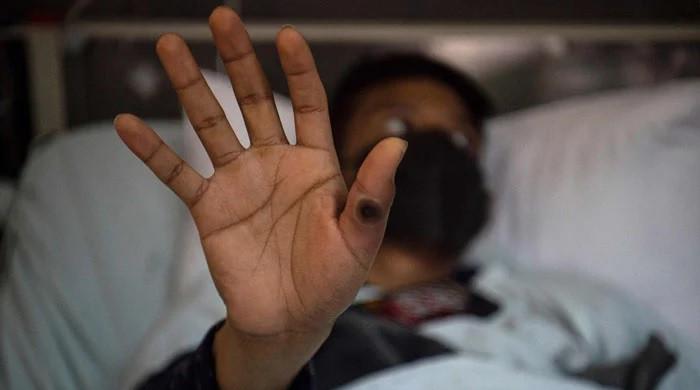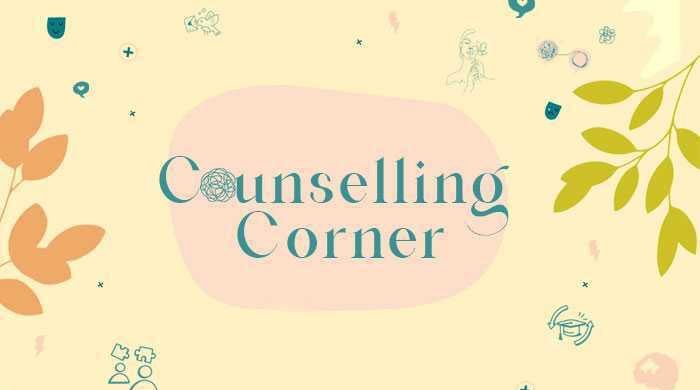'I'm struggling to expand my friends circle after moving abroad'
"Often times when with people, my brain stops working and I'm unable to think of a response," says a shy expat
May 22, 2024
Hi Haya,
I have recently moved to a new country after getting married and I am unable to make any friends here, which is really affecting my mental health. I have always been a shy person, but I did not find making new friends difficult back home in Pakistan.
But ever since I’ve moved here, I am unable to talk, let alone make any new friends. I have low confidence as well as low self-esteem. Often times when with people, my brain stops working, and I'm unable to think of a response.
Could you please give me some advice on how to deal with this?
— A shy expat

Dear shy expat,
Getting married and moving to a new country are both significant changes and it's completely understandable that these transitions can feel overwhelming.
You've mentioned that since your move, you've been finding it difficult to talk and make new friends, a challenge you didn't face back home in Pakistan.
In Pakistan, you were in your comfort zone, familiar with the environment, and at peace with your surroundings. This familiarity allowed you to easily make friends and engage in various activities. Now, I sense you're feeling pressured to make new friends in an unfamiliar setting.
To foster new friendships, it's crucial to be in a healthy mental and emotional state with a calm and regulated nervous system.
When our nervous system is dysregulated by external stressors, it may trigger one of the "Four Fs" responses: fight, flight, freeze, or fawn.
Fight: This response involves a readiness to confront the perceived threat, characterized by increased heart rate, high blood pressure, aggression, defensiveness, or assertiveness. You might find yourself arguing, shouting, or physically resisting.
Flight: This response involves escaping or avoiding the threat to feel safe, characterized by increased heart rate and blood flow. You might find yourself fleeing from the scene, avoiding situations, or distancing yourself from the source of stress.
Freeze: This response is a state of immobility or paralysis in the face of a threat. You might experience a sudden drop in heart rate, feeling stuck or unable to move, or becoming very still and unable to act.
Fawn: This response involves trying to please the threat to avoid conflict or harm. This could manifest as people-pleasing behavior, compliance, or trying to win over the aggressor by accommodating their demands.
It sounds like you might be experiencing the freeze response.
Each of these responses is a survival mechanism, helping humans react to different types of threats to maximise safety. Understanding our nervous system is essential to understanding our needs, regulating ourselves, managing stress, and living our lives in the most supportive manner possible.
There are various ways to regulate your nervous system, some being:
breath work, body work, talk therapy, movement, journaling, meditation, exercise, yoga and sleep hygiene.
You would need to explore and find what works best for you.
While you work on regulating your nervous system and feeling more settled in your new environment, I encourage you to additionally consider the following steps:
- Acknowledge your feelings: Recognise and accept your emotions instead of pushing them away or judging them.
- Set small, achievable goals: Take small steps to build up your confidence. This could be as simple as greeting your neighbor, which can help build confidence and comfort through small interactions.
- Join classes of interest: Look for classes that align with your interests. This can make it easier to meet like-minded people in a structured environment.
- Connect with people from similar backgrounds: Meeting people who understand your cultural context and may be experiencing similar struggles can be very helpful.
- Develop a routine: Routines bring structure and mental stability. Incorporate activities you enjoy and that bring you comfort.
- Enhance your communication skills: Practice conversation starters and responses. Having a few prepared topics or questions can make it easier to engage in conversations, and over time, your comfort level will increase.
- Stay connected with home: Maintain regular contact with friends and family back home. Their support can provide comfort and remind you that you are not alone in your experience.
- Practice self-compassion: Be kind to yourself and remind yourself that it's okay to feel out of place initially. Celebrate your small victories and progress, no matter how minor they may seem
- Consider professional help: If you continue to struggle, seek support from a therapist. A professional can help you develop strategies to cope with anxiety and build social skills.
Hope this helps.
Goodluck
Haya

Haya Malik is a psychotherapist, Neuro-Linguistic Programming (NLP) practitioner, corporate well-being strategist and trainer with expertise in creating organisational cultures focused on well-being and raising awareness around mental health.
Send her your questions to [email protected]
Note: The advice and opinions above are those of the author and specific to the query. We strongly recommend our readers consult relevant experts or professionals for personalised advice and solutions. The author and Geo.tv do not assume any responsibility for the consequences of actions taken based on the information provided herein. All published pieces are subject to editing to enhance grammar and clarity.













